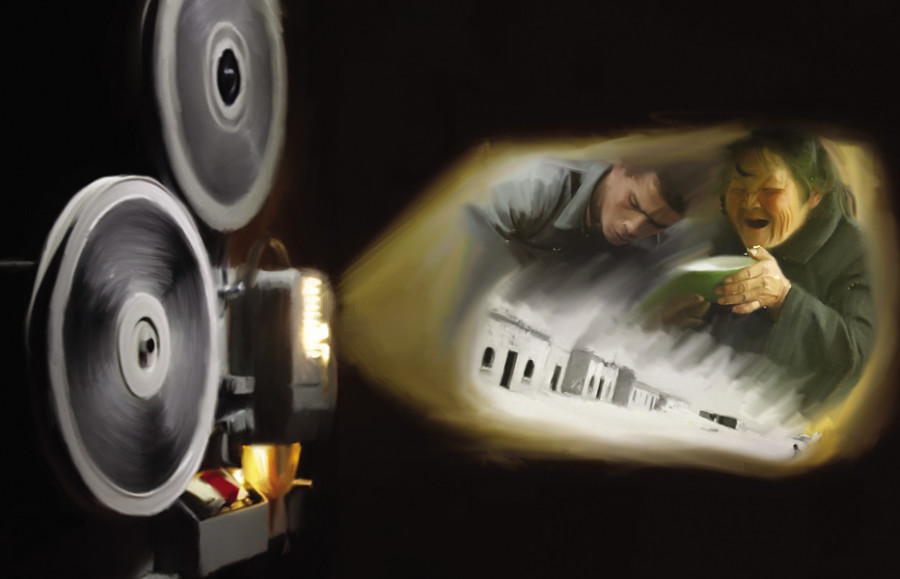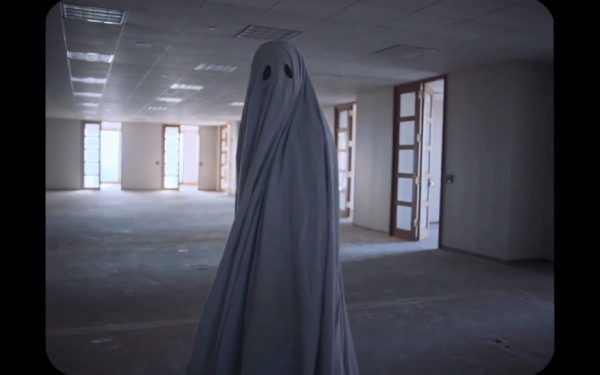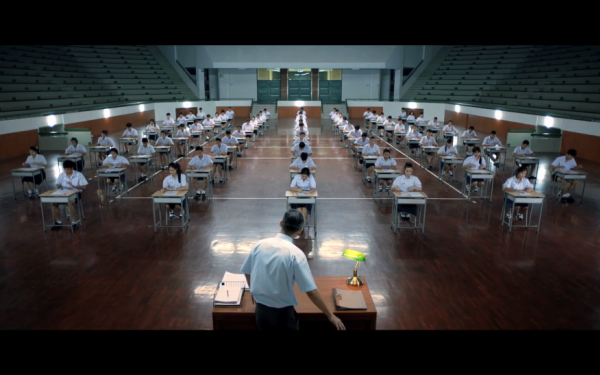What’s Up, Doc?
Montreal Film Fest Marches to Its Own RIDM
You think you’re a film nerd? Talk to Charlotte Selb. In the course of the year, she said, she’ll see about 900 films.
For Selb it’s business, not pleasure—she’s the director of programming for the Montreal International Documentary Film Festival, aka Recontres internationales du documentaire de Montréal.
RIDM was founded in 1988 with the goal of fostering a creative space for filmmakers to showcase their work, and the festival has since founded Doc Circuit Montreal, an organization that seeks to stimulate documentary production and distribution from Montreal, the continent’s only bilingual market.
“We have a very important tradition of documentary in Quebec,” said Selb. “It’s a pretty exciting area to make a documentary festival because it’s very active and very dynamic.”
Running from Nov. 9 to 20, this year’s festival will open with Crazy Horse, a 2010 documentary by Frederick Wiseman and close with Tahrir, Place de la Libération, a film shot in Cairo during the uprising in January and February 2011. Roughly 120 films representing 32 countries will be screened over the course of the 12-day festival.
“We do a lot of programming trips throughout the year going to other festivals like Berlin [Globians Doc Fest], Cannes, Hot Docs, Cinéma du Réel. […] We meet filmmakers, producers, we see a lot of films in that process. Then we open a call for submissions and we receive about 600 to 700 films,” said Selb—hence her heavy workload.
The festival is presented in three categories: the International Competition, the Panorama Series and the Retrospectives.
The official competition includes International Feature Competition, Canadian Feature Competition and International Short and Medium Length competitions, while the Panorama is separated into four series.
The Special Presentation features the biggest documentaries of the year outside of competition. The Horizons series includes films with political and social issues at the forefront. The films in the Eco Camera series deal with environmental issues. Finally, the Against the Grain series features films about underground culture.
“We focus on author point-of-view documentaries that have some artistic qualities, that show some innovative views in terms of craft and ideas,” Selb noted.
The Retrospectives will feature the work of Frederick Wiseman, Czech filmmaker Helen Trestikova and Danish filmmaker Jorgen Leth.
There will also be a number of tribute screenings, including Salut, Richard Leacock, a tribute to groundbreaking documentary filmmaker who recently passed away.
Though the festival is a growing powerhouse on the international documentary circuit, it remains accessible—and innovative. This year, one of the juries will be comprised of female inmates from the Joliette Institution, Quebec’s only women’s prison.
“It’s not a VIP, red-carpet kind of festival,” Selb emphasizes. “The type of filmmakers that are making documentaries are really easy to approach. […] Everybody can feel comfortable to meet people.”
Screenings are free for students on weekdays before 5:00 p.m. and all of the Master Classes and roundtable discussions are free (with the exception of the Frederick Wiseman Master Class).
For a full schedule of festival events, tickets and venues visit ridm.qc.ca.







2_600_375_90_s_c1.jpg)